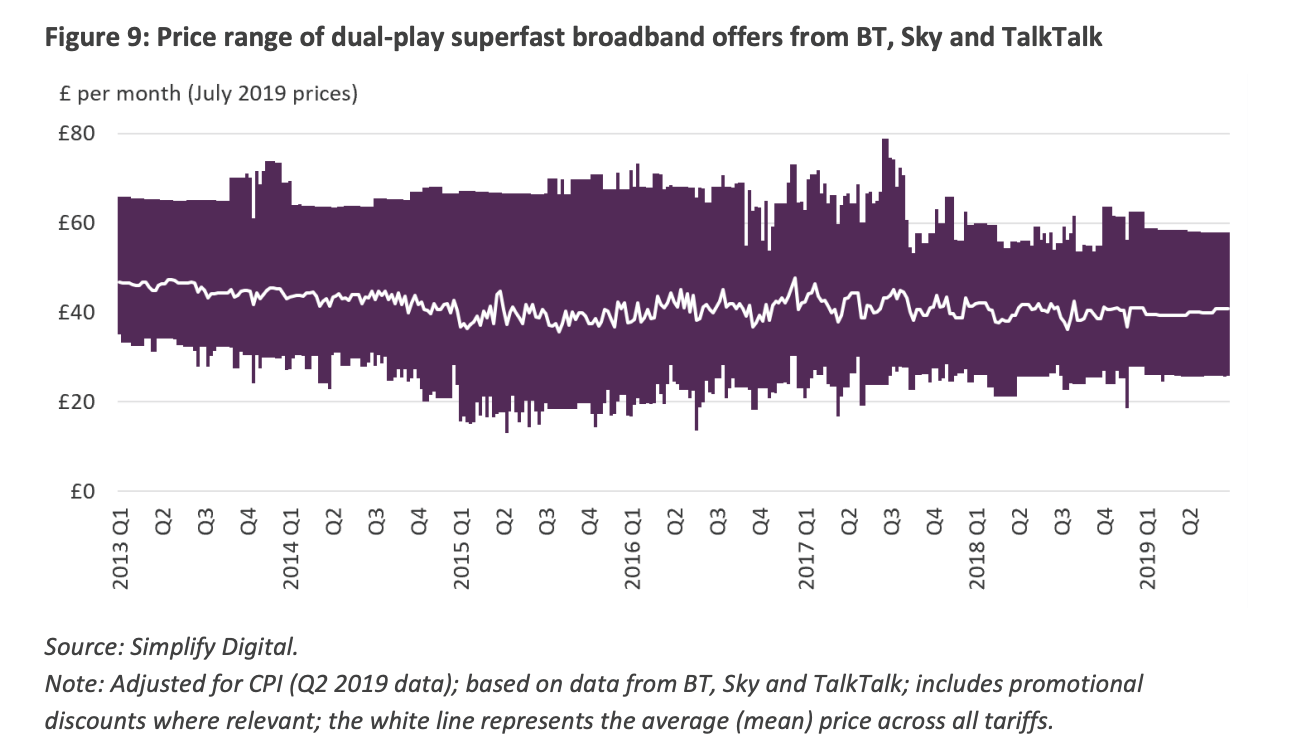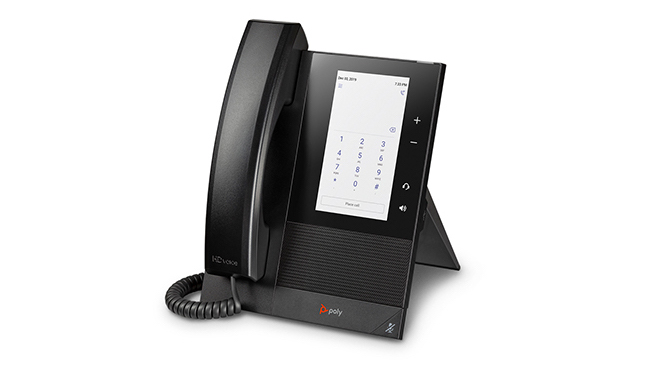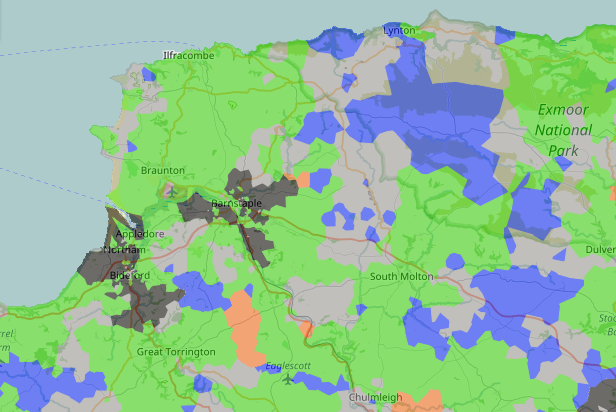Qualifying businesses in many rural parts of the UK are eligible for a Voucher worth up to £3,500 to help get new leased-line fibre broadband installed under the UK Gigabit Voucher scheme.
The Government recently urged SMEs to apply, with Digital Minister Matt Warman MP arguing the £70m pot is “still there for the taking.”
But what is the Gigabit voucher scheme, and how does it work?
How fast is gigabit?
Gigabit broadband is 1,000 megabits/per second (around twenty-times the download speed of a normal domestic FTTC connection) and unlike conventional broadband, supports a ‘symmetrical’ upload rate that is equally as fast as the download.
In most cases however, SMEs will deliberately opt for a more limited connection speed on a gigabit ‘bearer’ (eg: 200Mbit/s up and down) to keep costs manageable, while retaining the capacity and option of regrading up to a maximum of 1,000 Mbit/s at a later date if needed.
What does the voucher get used for?
Most connectivity providers charge an installation cost on new Leased Line installations – normally based on the length of fibre cabling that must be ‘dug in’ to connect the business. The voucher is a refund to help offset this upfront cost. Businesses must pay the ongoing monthly connectivity charges as normal, but the voucher is intended to help firms overcome the initial barrier-to-entry.
I’d like £3,500 please.
Quite! Although the the voucher is paid direct to your chosen supplier. Once your business has applied and been deemed eligible, your supplier will submit your voucher with your details when you place the initial order for your leased line. After your fibre is dug-in and connected, the scheme will check that your service is live before paying your supplier the due amount.
If your install is less than £3,500 you are likely to only be awarded the relevant cost, rather than the full amount. In most cases businesses will be signing a leased-line term with their provider for the ongoing cost of connectivity – normally between one and five years.
Can I use my voucher via Lineal?
Yes! We use Gamma Telecom Ltd for fibre leased-line connectivity, who are an approved supplier under the Gigabit Voucher Scheme.
Why is this funding being offered?
Successive Governments have reasoned that investing in better broadband is good for UK business growth, but the logistics of physically digging in fibre cabling is left to third-parties such as Openreach. Those providers insist ‘hard-to-reach’ properties are not economic to connect under the regional FTTC and FTTP broadband roll-outs because of the upfront cost of this installation work, or that gigabit fibre to the entire country is only achievable over the long term. For the best return on investment, the Government wants to prioritise upgrading businesses that already suffer slow speeds.
Gigabit fibre installations to commercial properties are also a capital project – the physical fibre, once ‘dug-in’ to a business premises, may end up being used for years to come by future businesses who take over the site, allowing more companies to benefit from widespread upgrades to the existing infrastructure.
What are other businesses doing?
To date around £90m worth of vouchers have been awarded so far, and around 29,000 connections have already gone live. The Government’s election pledge during 2019 was for gigabit fibre for the whole of the UK by 2025, a target which is widely expected to be missed.
This leaves rural businesses dependant on inclusion in their regional fibre-to-the-cabinet broadband roll-out as a stopgap, hoping to be included in an early tranche of Openreach’s future FTTP roll-out, or looking to fund the upgrade to a leased lined themselves.
Help! We really are out in the sticks!
If the cost of your install is still too large, there are other options: such as pooling your vouchers with neighbouring eligible businesses, accessing faster connections via 4G or point-to-point link. Speak to us to learn more.
How do I find out more?
You can learn more about eligibility and how to apply for your voucher via the UK Government’s Gigabit Voucher Scheme website here: https://gigabitvoucher.culture.gov.uk/ or get in touch with Lineal for more information.



